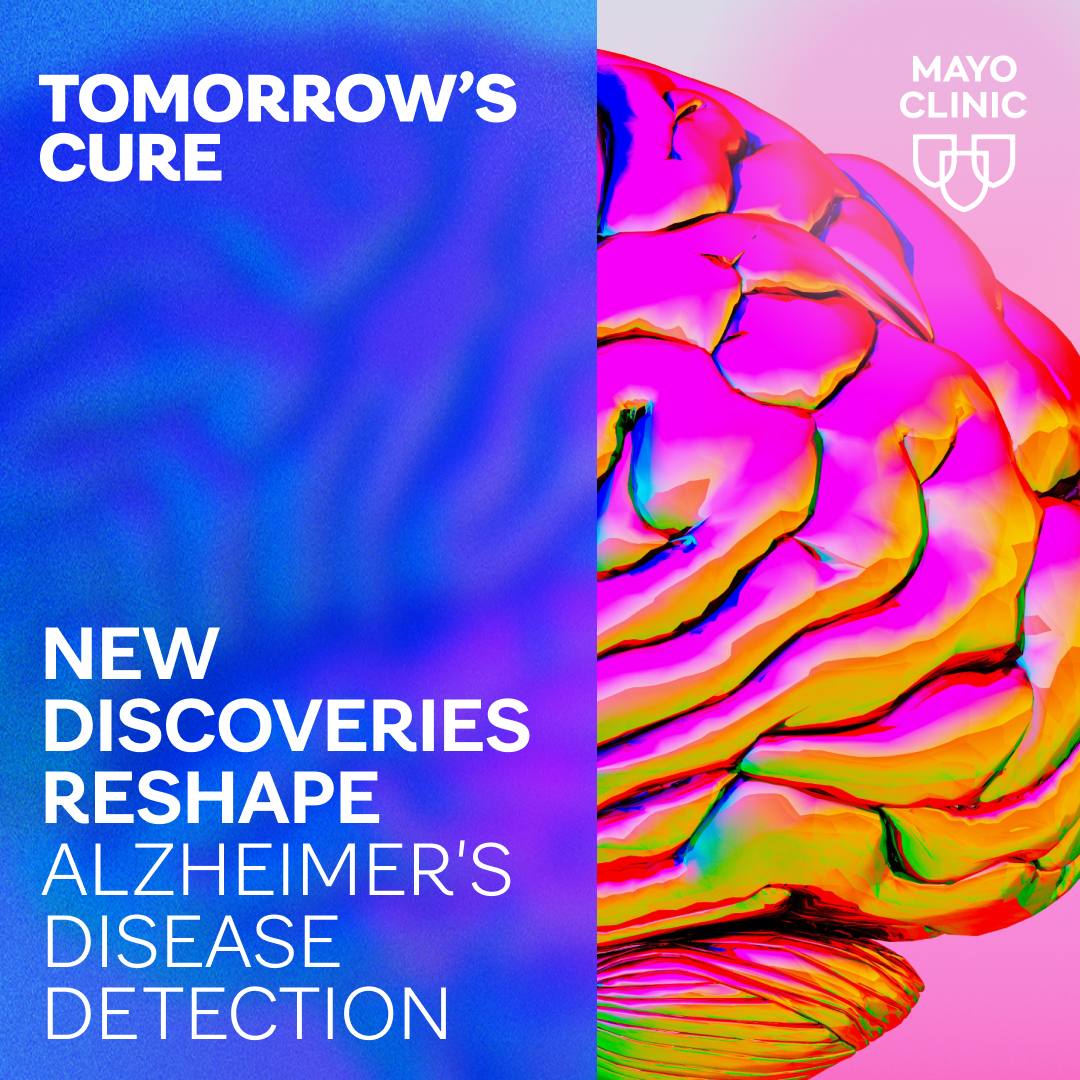-
Science Saturday: Researchers find other diseases may mimic rare brain disorder linked to dementia
Mayo Clinic researchers and collaborators have identified key clinical findings that can help clinicians recognize patients with potentially treatable causes of rapidly progressive dementia, who would otherwise be misdiagnosed with Creutzfeldt-Jakob disease (also known as CJD). Their study was published online in Neurology Clinical Practice, an official journal of the American Academy of Neurology.
According to Mayo Clinic researchers, several conditions can mimic CJD, with symptoms that include personality changes, memory loss, seizures, difficulty speaking or swallowing, and sudden, jerky movements. The disease is rare, has no cure and has a median survival of less than a year. Several immune, vascular and neurodegenerative diseases have similar symptoms, and a small subset of patients can be misdiagnosed with CJD. After presenting with symptoms, many of these patients seek tests for CJD at specialized centers and wait several days, or even weeks, for results.
"That is lost time," says Gregory Day, M.D., a neurologist at Mayo Clinic in Florida, and corresponding author of the paper. "There is an unmet patient need for us to leverage clinical features and rapid tests to distinguish patients with rapidly progressing dementia due to CJD from its mimics. This need is all the more pressing, recognizing that some diseases that mimic CJD may be treatable and, in some cases, reversible."
The researchers used statistical analyses to review diagnostic test results and clinical features of patients who met diagnostic criteria for CJD, but ultimately had different causes of rapidly progressive dementia. They then compared the patient records to those of patients with proven or probable CJD. The patients had been assessed at Mayo Clinic or Washington University in St. Louis between 2014 and 2021.
Patients who did not have CJD had autoimmune encephalitis, frontotemporal dementia, dural arteriovenous fistulas, cerebral amyloid angiopathy, which can lead to stroke, or systemic lupus. Most of them had elevated levels of disease-fighting white blood cells or proteins in their cerebrospinal fluid. Antibodies for some of the conditions were detected in their blood or cerebrospinal fluid through testing at Mayo Clinic Laboratories. In contrast, the majority of patients who actually had CJD were found to have normal cerebrospinal fluid white blood cell counts and protein levels.
"Other diseases that mimic CJD should be considered in patients who have early motor dysfunction and elevated white cells and proteins in their cerebrospinal fluid," says Dr. Day. "These patients should promptly be evaluated for diseases that mimic CJD and potentially be given treatment while waiting for additional test results."
Dr. Day plans to further this research with discovery of other biological measures that can improve early recognition and diagnoses of patients with rapidly progressive dementia. He says that's when treatments would likely be most effective, and patients are likely to have the best outcomes.
This research is supported by a grant from the National Institutes of Health. For a full list of authors, disclosures and funding, see the research paper.
—Lynda de Widt








